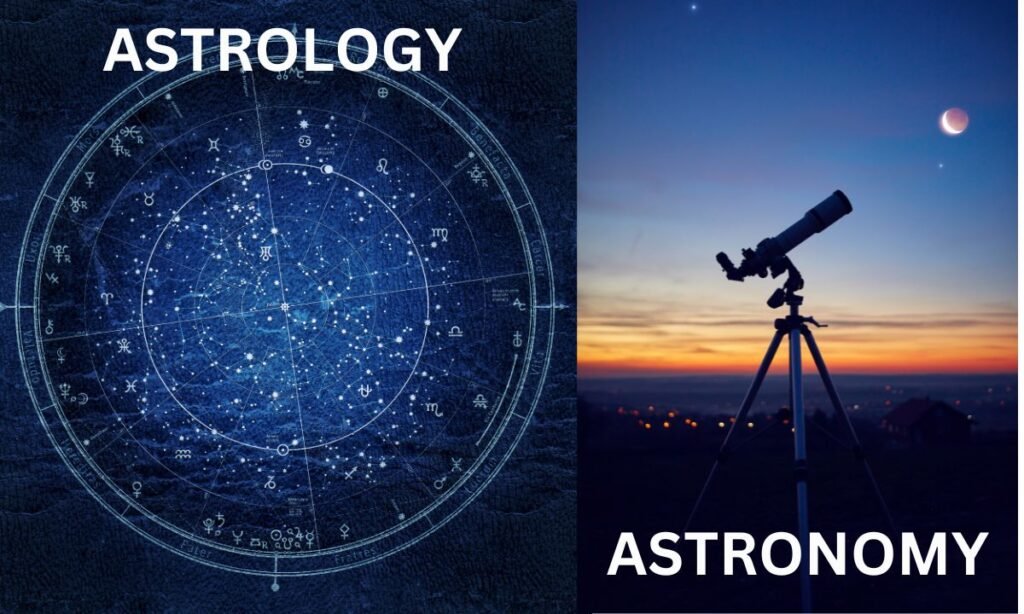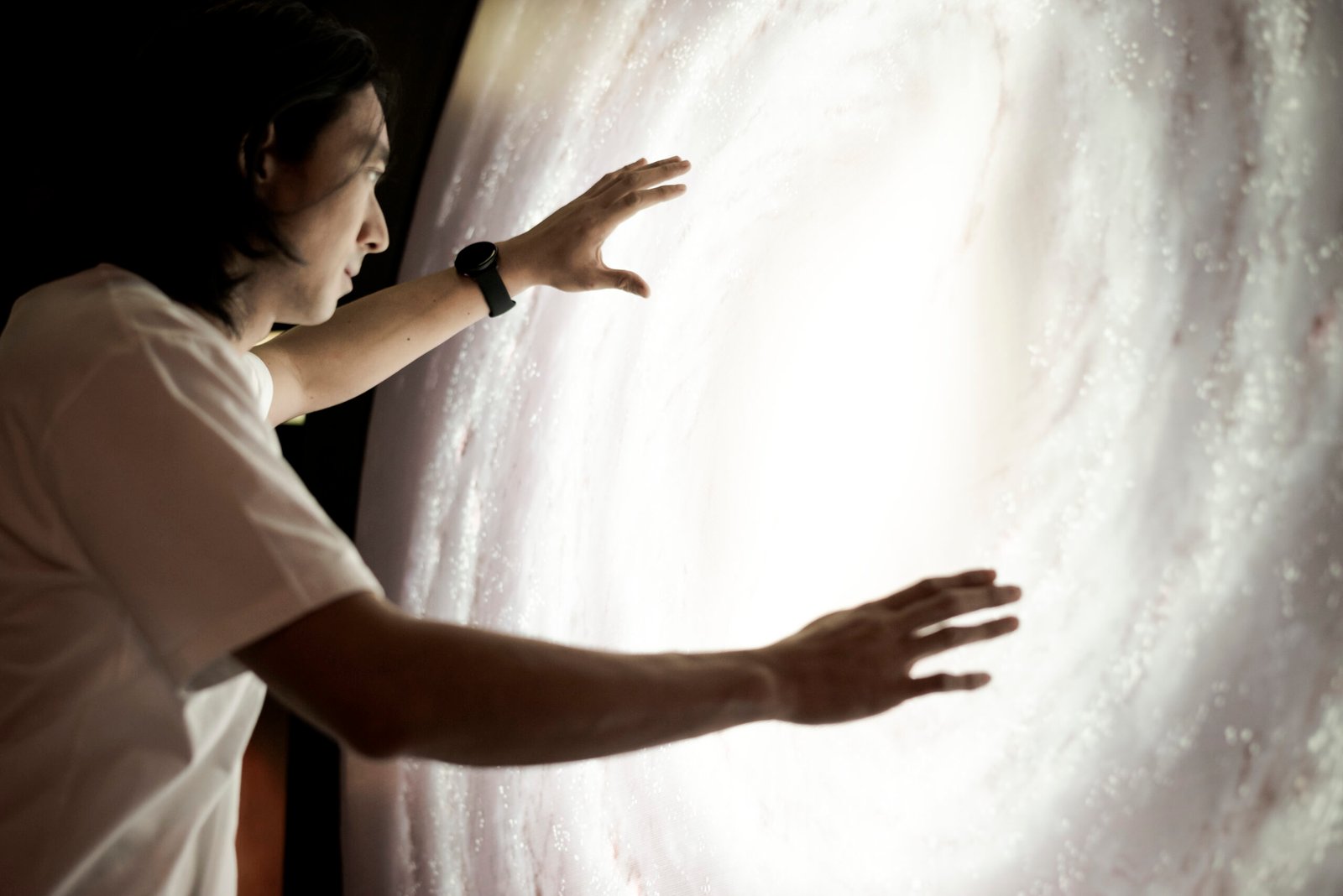Date
Astrology Vs Astronomy
The night sky has long captured human fascination, inspiring wonder and contemplation about the vastness of the cosmos. Two disciplines that have emerged from this fascination, albeit with distinct purposes and methodologies, are astrology and astronomy. While their names might sound similar, they are fundamentally different in their goals, methods, and scientific validity. This article delves into the depths of astrology and astronomy, exploring their differences and shedding light on their unique roles in our understanding of the universe.
Astronomy: Gazing into the Cosmos
Astronomy is a natural science that centers on the observation and study of celestial objects, phenomena, and the universe at large. It has been a cornerstone of human knowledge for centuries, tracing its roots back to ancient civilizations such as the Babylonians, Egyptians, and Greeks. Modern astronomy employs advanced telescopes, satellites, and computational models to probe the cosmos in unprecedented detail.
Anxiety and Depression Management: Navigating the Path to Emotional Well-Being
Astronomers are driven by the pursuit of objective knowledge about the universe. Their work focuses on:
- Stellar Evolution: The life cycles of stars, from their formation to their eventual demise as white dwarfs, neutron stars, or black holes.
- Galaxies: Understanding the structure, dynamics, and evolution of galaxies, which are vast collections of stars, gas, dust, and dark matter.
- Cosmology: Investigating the origin, evolution, and large-scale structure of the universe, including the Big Bang theory and cosmic microwave background radiation.
- Exoplanets: Discovering and characterizing planets outside our solar system to explore the potential for habitability.
- Space-Time: Exploring the fundamental nature of space-time itself through the study of general relativity and gravitational waves.
Astronomy is grounded in the scientific method, relying on empirical data, experimentation, and theoretical models. It aims to uncover the laws governing celestial bodies and the universe, contributing to our understanding of fundamental physics and the nature of reality.
Astrology: Stars and Human Destiny astrology vs astronomy
In contrast, astrology is a belief system that asserts a connection between celestial phenomena and human events and traits. It is rooted in ancient cultures and has evolved over time to encompass various systems, such as Western astrology and Vedic.
Astrology’s core tenets include:
- Zodiac Signs: It divides the sky into twelve sections, each associated with a “zodiac sign.” The sign a person is born under is believed to influence their personality and destiny.
- Horoscopes: Astrologers create horoscopes based on the positions of celestial bodies at the time of a person’s birth. These horoscopes claim to offer insights into an individual’s future and character traits.
- Aspects: It also considers the relationships (or “aspects”) between celestial bodies, such as planets and their positions, to interpret influences on human lives.
How Astrology Can Contribute to Business Growth and Success
Astrology lacks scientific credibility due to several reasons:
- Lack of Empirical Evidence: Astrology’s claims have not been supported by rigorous empirical studies that demonstrate a causal link between celestial positions and human traits or events.
- No Mechanism: It lacks a scientifically plausible mechanism to explain how celestial bodies could exert influences on human lives.
- Variability: Different astrological systems and interpretations often provide conflicting guidance, making it difficult to establish a consistent framework.
Differentiating factors between astrology vs astronomy
Methodology: Astronomy employs the scientific method, relying on empirical evidence, observation, and experimentation. Astrology lacks empirical validation and is rooted in interpretation and belief.
Goals: Astronomy seeks to understand the universe’s physical nature, while astrology aims to predict human behaviors and events based on celestial positions.
Scientific Validity: Astronomy is a recognized science with a rich history of discoveries. Astrology lacks scientific validation and is classified as a pseudoscience due to its lack of empirical support.
Predictive Power: Astronomy’s predictions are based on mathematical models and observations, whereas astrology’s predictions are often vague and subjectively interpreted.
In Conclusion
In summary, the difference between astrology vs astronomy lies in their underlying principles, methodologies, and scientific credibility. While astronomy is a rigorous scientific discipline dedicated to uncovering the mysteries of the cosmos through empirical investigation, astrology is a belief system that links celestial positions to human traits and events without scientific backing. Recognizing these distinctions is crucial for maintaining a clear understanding of the scientific and non-scientific aspects of the universe’s study.



